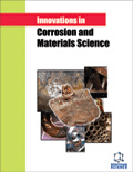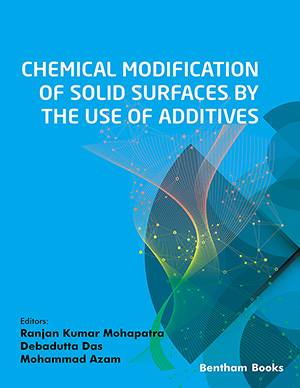Abstract
Background: A simple criterion for the efficiency evaluation of KGR-134 corrosion inhibitor of carbon steel samples in seawater solutions has been applied and compared with a numerical model along with a screening method of the percentage protection efficiency. The criterion, lim (ρins/ρs) =1, has been applied, when the resistivity of carbon steel sample in inhibited seawater (ρins) becomes equal to the resistivity of the carbon steel sample in blank seawater (ρs), as a function of the exposure time of the sample to the inhibited solutions. The criterion was used to determine the efficiency of 5-20 ppm of KGR-134 corrosion inhibitor in seawater.
The analytical criterion, numerical modelling, and screening method of corrosion inhibitors were used in the present investigation. Efficiency variations of the KGR-134 corrosion inhibitor as a function of the inhibitor concentration and exposure time were calculated by fitting the experimental data to a numerical model incorporating a nonlinear regression method. The screening method of the percentage protection efficiency of corrosion inhibitors was found in a good agreement with the analytical criterion. Conclusions: The analytical criterion a long with numerical modelling were found concise ways of predicting the corrosion inhibitors efficiency of carbon steel in seawater in a comparison with the classical way of the screening method of corrosion inhibitors.Keywords: Corrosion inhibitor, electrical resistivity, carbon steel, numerical modelling, screening method of corrosion inhibitors.
Graphical Abstract
 1
1







